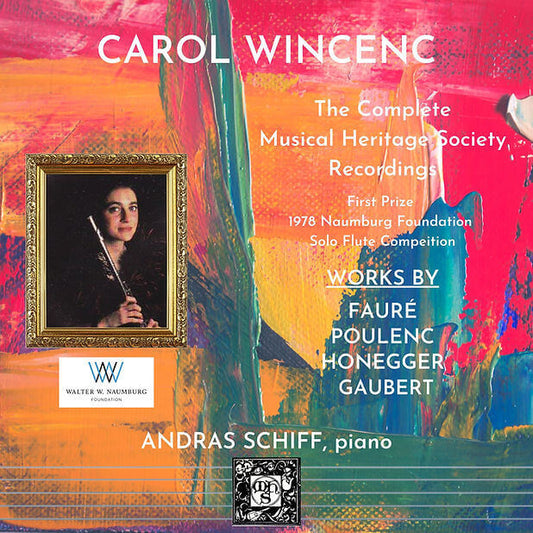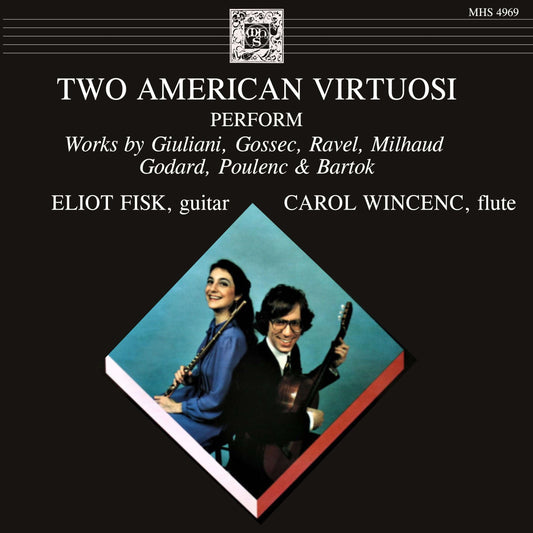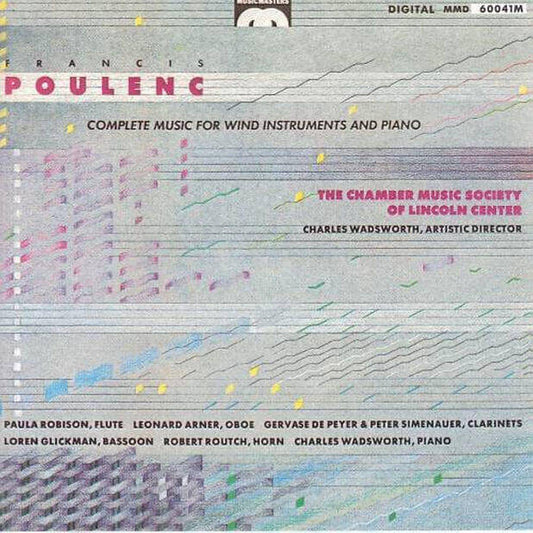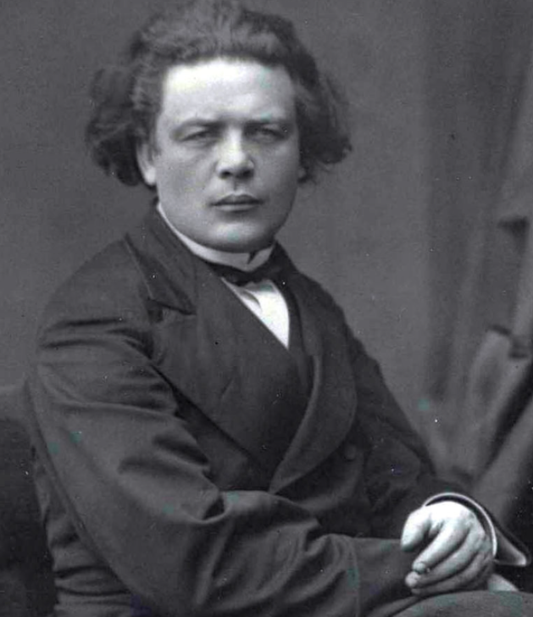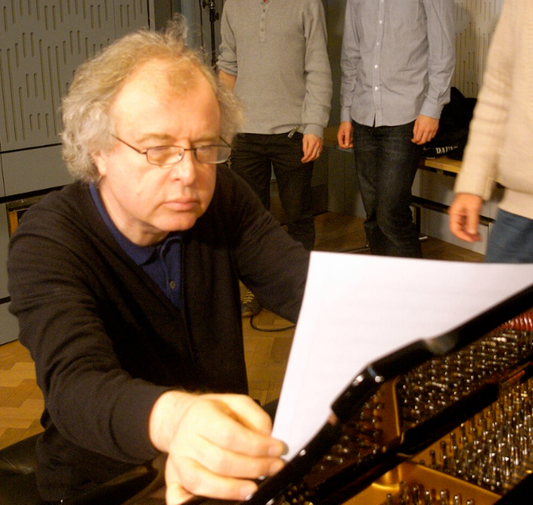Collection: FRANCIS POULENC 1899 – 1963
Francis Poulenc (January 7, 1899 – January 30, 1963) was one of the most beloved and distinctly French composers of the 20th century. A prominent member of the group known as "Les Six," he crafted a unique musical voice that blended Parisian wit, elegance, and charm with moments of unexpected tenderness, poignant melancholy, and profound spiritual depth. His remarkably accessible yet sophisticated style found expression across a wide range of genres, including opera, choral music, orchestral works, chamber music, piano pieces, and, perhaps most significantly, a vast and treasured collection of art songs (mélodies).
Born into a wealthy Parisian family involved in the pharmaceutical industry, Poulenc's musical upbringing was somewhat unconventional. His mother, an amateur pianist, introduced him to the keyboard and nurtured his early love for Mozart, Chopin, and Schubert. However, his father discouraged formal musical training, intending him for a business career. Consequently, Poulenc was largely self-taught in composition during his early years, though he received crucial piano instruction from the renowned Ricardo Viñes, who introduced him to the music of Erik Satie and Claude Debussy and connected him with the burgeoning artistic circles of Paris.
In the years following World War I, Poulenc emerged as a key figure in the reaction against the perceived excesses of both Wagnerian Romanticism and Debussian Impressionism. He became associated with a group of young composers championed by Jean Cocteau and inspired by the irreverent simplicity of Erik Satie. Dubbed "Les Six" (alongside Darius Milhaud, Arthur Honegger, Georges Auric, Germaine Tailleferre, and Louis Durey), they shared a desire for clarity, directness, and an embrace of everyday sounds, including those of the music hall and circus. Poulenc's early works, such as the playful piano suite Mouvements perpétuels (1918) and the witty ballet Les Biches (1923), commissioned by Sergei Diaghilev's Ballets Russes, perfectly embodied this lighthearted, anti-pretentious aesthetic.
Throughout the 1920s and early 1930s, Poulenc solidified his reputation with chamber works, piano pieces (like the Trois Pièces), and numerous songs, often collaborating with poets like Guillaume Apollinaire and Paul Éluard. His partnership with the baritone Pierre Bernac, beginning in the mid-1930s, was particularly fruitful, leading to the composition of many of his finest mélodies, tailored specifically for Bernac's voice and interpretative intelligence.
A significant turning point occurred in the mid-1930s. Following the tragic death of his friend and fellow composer Pierre-Octave Ferroud in a car accident, Poulenc experienced a profound religious reawakening during a pilgrimage to the shrine of the Black Virgin of Rocamadour. This led to a renewed engagement with his Catholic faith and inspired the composition of his first major sacred choral work, Litanies à la Vierge noire (1936). From this point forward, religious themes would occupy a central place in his output, resulting in masterpieces like the deeply moving Stabat Mater (1950) and the exuberant, instantly appealing Gloria (1959), both for soprano, chorus, and orchestra. This newfound spiritual depth did not replace his characteristic wit and charm but rather added another layer to his complex musical personality.
Poulenc achieved perhaps his greatest triumph with his second opera, Dialogues des Carmélites (Dialogues of the Carmelites, 1956). Set during the French Revolution's Reign of Terror, this powerful work explores themes of fear, faith, martyrdom, and grace with remarkable psychological insight and dramatic intensity. It stands as one of the most important and frequently performed operas of the 20th century. His final opera, the one-act monodrama La voix humaine (The Human Voice, 1958), based on a play by Cocteau, is a harrowing portrayal of a woman's final phone conversation with her lover.
In his later years, Poulenc also composed notable instrumental works, including sonatas for flute, oboe, and clarinet, which have become core repertoire pieces. Known for his sociable nature, quick wit, and generosity, he remained a quintessential Parisian figure throughout his life.
Francis Poulenc died suddenly of a heart attack in Paris in 1963. He left behind a legacy rich in melody, harmonic invention, and emotional range. His music continues to resonate with audiences for its directness, its masterful blend of levity and gravity, and its uniquely French sensibility that captures both the sparkle of the city and the depths of the human soul.

